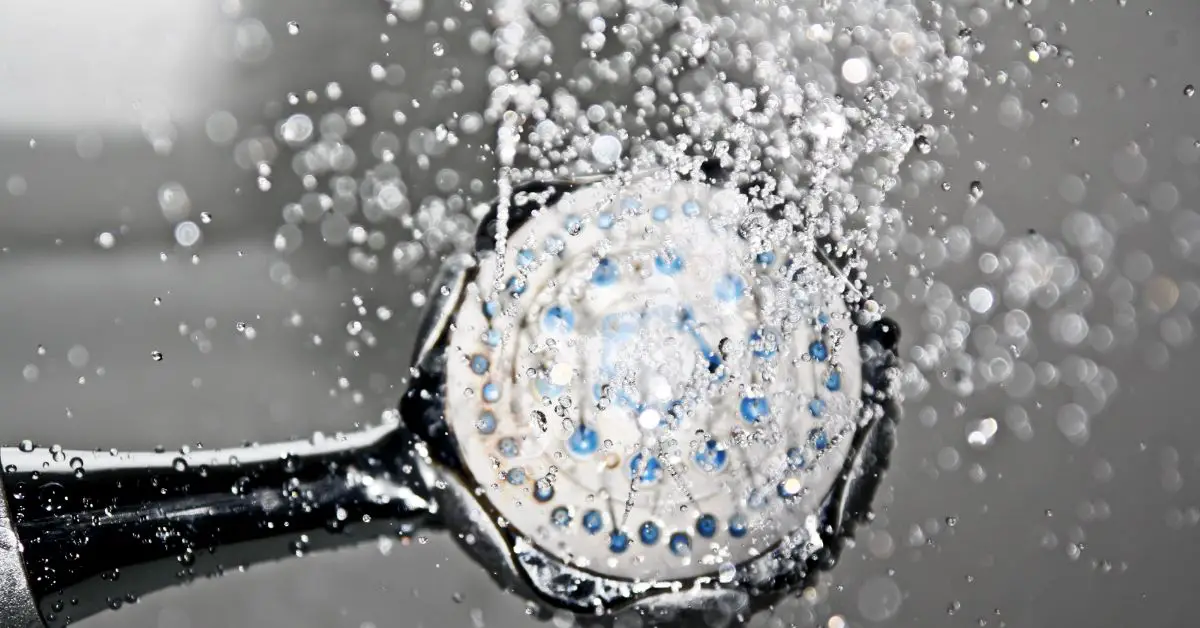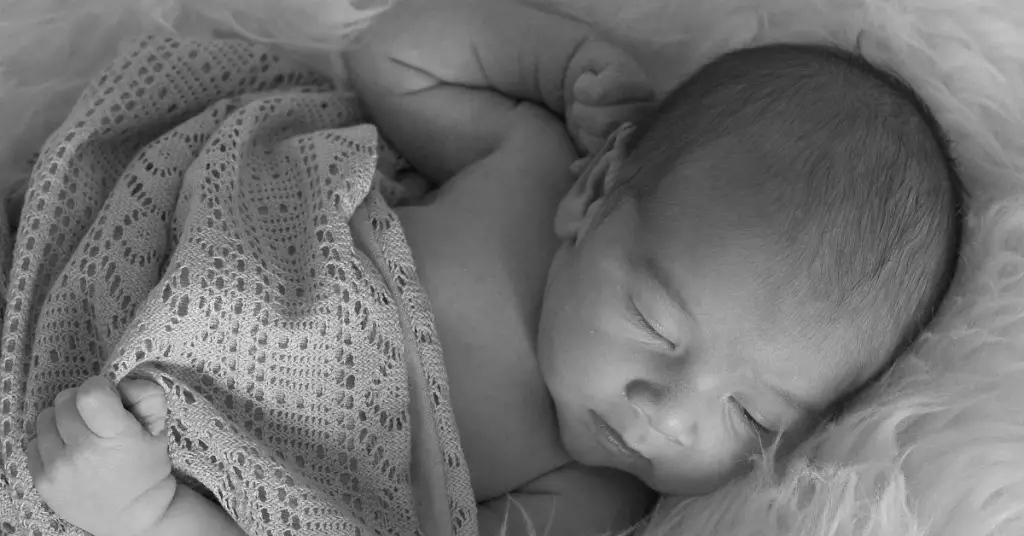Wondering if you can leave your newborn while you shower? Here’s everything you need to know about how to do it with proper precautions.
The products mentioned on this page were independently selected by Babycious editors. As an Amazon Associate, Babycious may earn a commission from qualifying purchases.

Photo by Pixabay
As a new mom, It can be really hard to put down your newborn baby even just for a few minutes, and it can feel impossible to fit in time for yourself while caring for your little one. I have run into a fair amount of “I haven’t showered in 3 days because I can’t leave my baby alone for ten minutes!” comments.
The truth is, newborns don’t need constant supervision, and it’s perfectly ok to put your baby down in order to care for your own basic needs like taking a shower. However, it is important to make sure that your baby is safe and secure before you leave them.
Self-care like taking a shower is just as important as baby care. Being at your best makes you a better mom to your baby.
Even if it feels impossible to leave your newborn for even a few minutes, taking your daily shower is actually doable and it doesn’t necessarily involve leaving your baby on their own (Although it is an option as we’ll see). The first thing to know is that you have options. Here are four strategies you can try to take a shower while your baby is around.
#1 Adjust Your Shower Timing
If you don’t mind taking a shower at night, it can be much easier to fit in a shower after you put your baby to sleep for the night. Showering after bedtime gives you the luxury of not feeling like you have to rush back to your baby, so you can really have some precious quality time just for yourself if you are home alone with your baby. You can take the baby monitor with you if needed so you can keep an eye on your little one.
If a night shower is not for you, the next best thing is to shower during your baby’s first nap of the day. That way you can (hopefully) enjoy an uninterrupted shower before your baby wakes up, and even squeeze in a cup of coffee and some breakfast afterward. The major downside of showering during naps is that it sometimes results in a rushed shower, especially if you have yet to figure out your baby’s sleeping patterns.
If you are a two-parent family, I recommend you trade shifts with your partner whenever possible so that each of you has some alone time each day or at least every other day. One would watch baby while the other showers (or does whatever), and this should work even with a baby that wants to be held constantly.
#2 Bring Your Baby to The Bathroom
If the timing of your baby’s naps doesn’t work for you, you can always take them with you into the bathroom. Getting a bouncy seat with a few toys like the Fisher Price Rocker on Amazon can make life with a baby generally easier, and might just save your sanity if you think you can’t ever put your baby down. Just put your baby in the bouncy seat right outside the shower so they are in your line of sight while you shower. It’s better if you have clear shower curtains so your baby can see you or leave the curtains slightly open, but you can also let your baby feel your presence by talking to them, singing, and the occasional peek-a-boo!
The bouncy seat is just one option to bring your baby with you in the bathroom, another option if your baby is older and can sit upright can be putting your baby in a highchair and giving them some snacks to munch on while you shower. A pack-and-play can also be great for this if you have enough space to fit it in your bathroom, you can use specific toys only for the pack-and-play so your baby is excited to see them and play with them which can buy you some more time in the shower.
#3 Shower with Your Newborn Baby
A step further from bringing your baby to the bathroom is showering with them. You can approach showering with your newborn baby by having your baby mostly in your arms while you shower. The trick to this is the secure one-armed baby hold: Hold your baby upright, her chest to your chest, wrap your arm around them, and grab their left thigh firmly. For a wobbly (and slippery) newborn, it’s good to have your other hand mostly free to support their head if needed, and just get a quick rinse for both of you. When your baby is a bit older, you can have more free moves to wash them more thoroughly.
Showering with your newborn baby is more manageable when both parents are there so that one is showering with the baby and the other does the logistical part: undressing baby, opening and closing the curtains, passing baby to the showering parent, taking baby when done to dry and dress them.
#4 Leave Your Baby in The Crib
Your baby’s crib (or bassinet) is the safest place for them to stay in without supervision if you need to take a quick shower or if you need a few minutes for yourself.
This option might not work for every baby, especially if your baby is going through some separation anxiety, but you need to know that even if your baby doesn’t seem to like being put down for a few minutes, it certainly won’t do them any harm. The key here is to be confident that your baby will stay safe in the crib and also to not overstay them.
Taking the baby monitor with you in the bathroom might bring some comfort and an extra layer of reassurance while you are showering.
In the end, it’s up to you to decide what works best for you and for your baby. Above all, keep in mind that taking care of yourself is essential, not only for your own sanity but also for your relationship with your baby.
Bottom Line
No matter which option you choose to go with, it is possible to leave your newborn unattended for short periods of time, like while you shower. You can bring your baby with you in the bathroom, shower with them, or even leave them in their crib – as long as you make sure they are safe and secure.
Ultimately, the decision of how to manage your newborn while you shower is up to you, and it pays off to figure out what works best for both of you. Just know that you have options and that self-care is always important.
The purpose of this article is informative and educational only. It’s not a substitute for medical consultation or medical care. We do not accept any responsibility for any liability, loss, or risk, personal or otherwise, incurred as a consequence, directly or indirectly, from any information or advice contained here. Babycious may earn compensation from affiliate links in this content.



